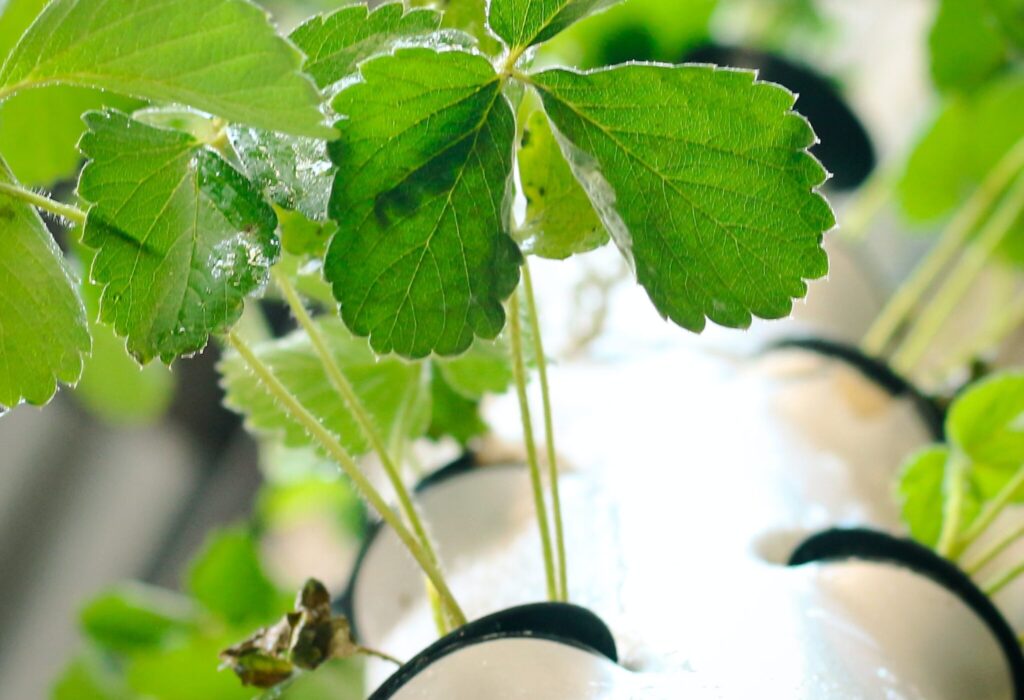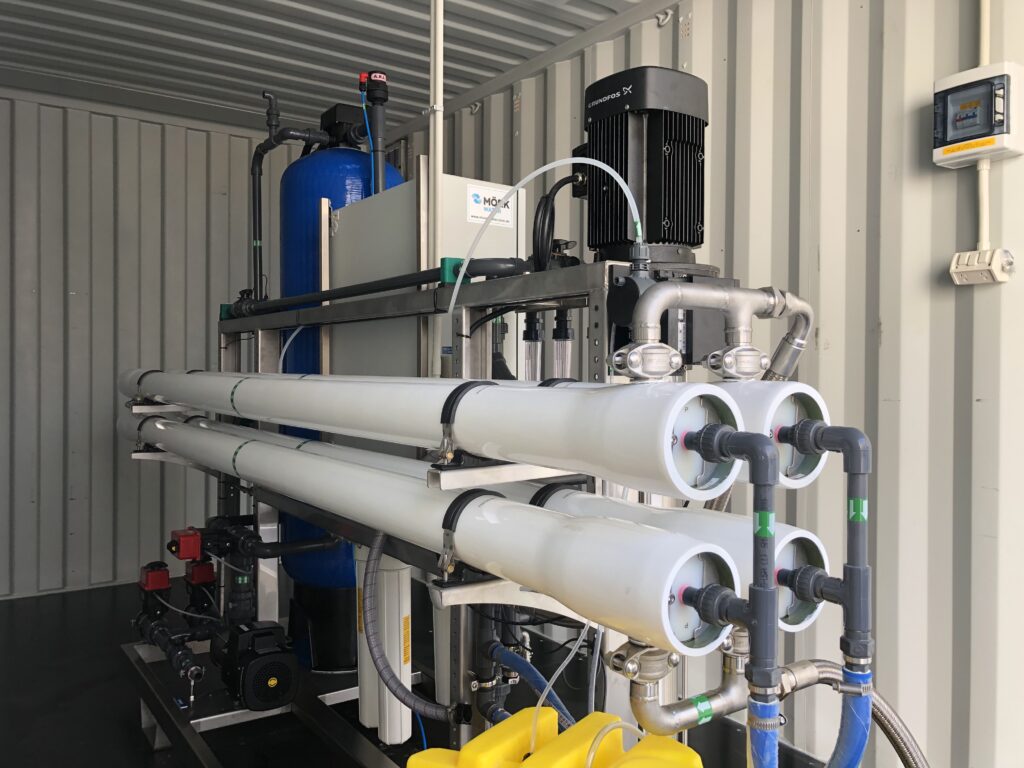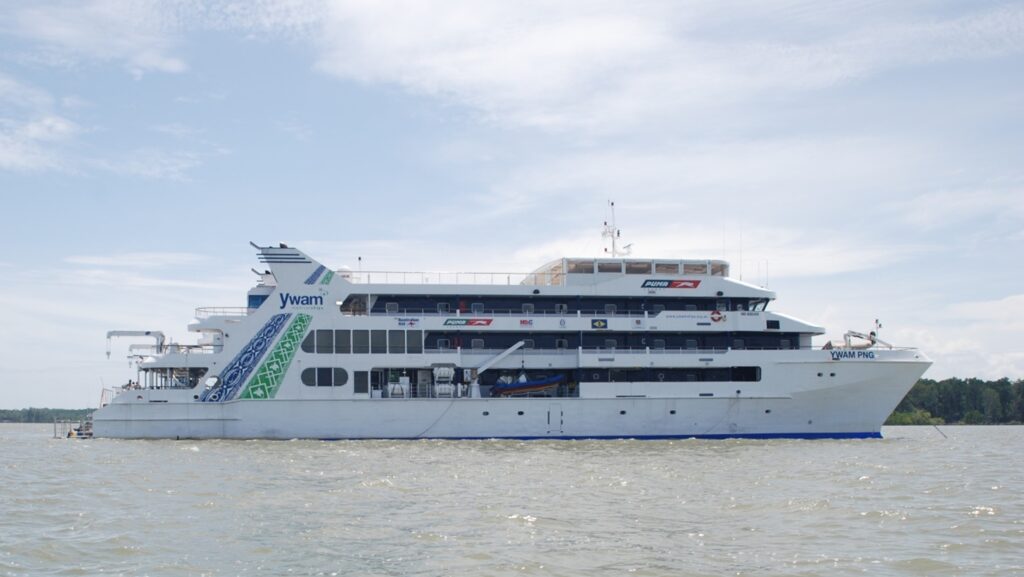What is hydroponics?
Hydroponics is the term used for growing plants, typically crops or medicinal plants, without soil directly in water. The plants are either suspended in water or grown on a submerged inert substrate like gravel or glass. The water the roots are suspended in contains all the nutrients that the plant needs to grow. The source of nutrients is typically fish or bird faecal matter or commercially available fertilisers or nutrient solutions.
As the level of nutrients directly to the root zone can be carefully controlled, hydroponics can yield healthier, higher yielding plants. Additionally, hydroponics uses less water, with some crops requiring 1/3 of the water compared with traditional intensive farming methods. Plants grown hydroponically also don’t require herbicides and pesticides as they are often grown in contained spaces. There are some disadvantages to the hydroponics process: it can have a higher initial set up cost and requires a constant power source to keep the nutrient medium circulating. There is also a higher risk of waterborne diseases in the hydroponic process.

What kind of water is needed for hydroponics?
Generally, when treating water to the standard required by hydroponics, ultrapure water is preferred. Tap or scheme water can contain additional chemicals and surface and groundwater sources can introduce mineral or microbiological contaminants that may cause harm to the plants. Using high purity water ensures that plants are only exposed to the nutrients that have been added by the grower, ensuring that maximum benefit is achieved by the hydroponic process.
Which methods can produce ultrapure water?
The main technologies used to produce ultrapure water are thermal methods like distillation, ion exchange processes like mixed bed resins, electrical methods like electrodeionisation and membrane methods like reverse osmosis. All of these technologies have different chemical requirements, energy usages, feed water requirements and operational costs.
Why we prefer Reverse Osmosis for hydroponics
Compared with other water treatment technologies, Reverse Osmosis has the lowest energy cost, requires the least amount of chemical and is the easiest technology to service and maintain. Additionally, Reverse Osmosis is a well-established technology which is robust in a large number of contexts. Reverse Osmosis also allows for a range of water chemistries to be achieved allowing for feedwater for hydroponic setups to be tuned for specific requirements. Reverse Osmosis can also be used to treat waste streams from hydroponic systems.

Your Next Step
Contact Moerk Water to find out more about using Reverse Osmosis to provide the water you need for your hydroponic system.




